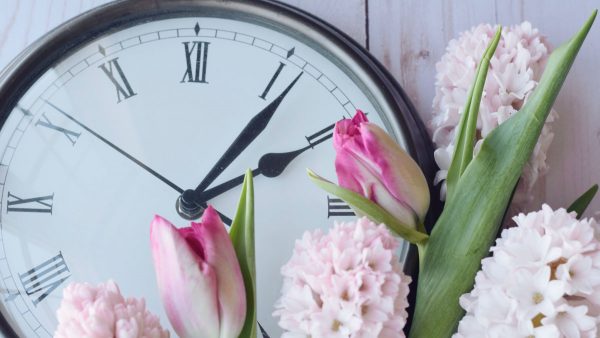
Daylight saving time began at 2 a.m. today, meaning it’s time to “spring forward” and turn clocks ahead by one hour.
As usual, fire officials urged people to use the time change as a reminder to check smoke alarms and replace the batteries if necessary. It is also a good time to reset timers on outdoor lights and lawn sprinkler systems.
Fire officials offered the following tips on handling and maintaining smoke alarms and carbon monoxide detectors:
— Install smoke detectors on all floors of your home or apartment.
— If the devices are hardwired into your electrical system, be sure to have a backup battery-operated smoke detector in case of a power outage.
— Mount alarms high on walls, at least four to 12 inches from the ceiling.
— Never paint over a smoke detector.
— Use a vacuum cleaner to remove lint or dust.
— Test the smoke detectors regularly. If the smoke detector “chirps” it is an indication of a low battery, which should be changed.
The Automobile Club of Southern California also warned morning drivers to be on the lookout for pedestrians, since it will be dark for an hour longer in the mornings.
The time change means California will shift into the same hour as Phoenix and Tucson, which do not switch to daylight saving time, along with the rest of the Mountain Time Zone. Hawaii also stays on its standard time, meaning the islands will be three hours earlier than Los Angeles for the next half year, instead of two hours.
Copyright 2022, City News Service, Inc.

California should follow Hawaii into the 21st Century and eliminate Daylight Savings time❗ A 2019 report found a significantly increased risk of heart attack after both time changes, but particularly during daylight saving. Interruptions to people’s circadian rhythm is a serious stressor that can impair focus and judgment. A 2020 study found fatal traffic accidents increased by 6% in the United States during daylight saving time. This twice-a-year desynchronization of our body clocks nonsense is linked to increased health risks like depression, obesity, heart attack, cancer, and even traffic accidents.